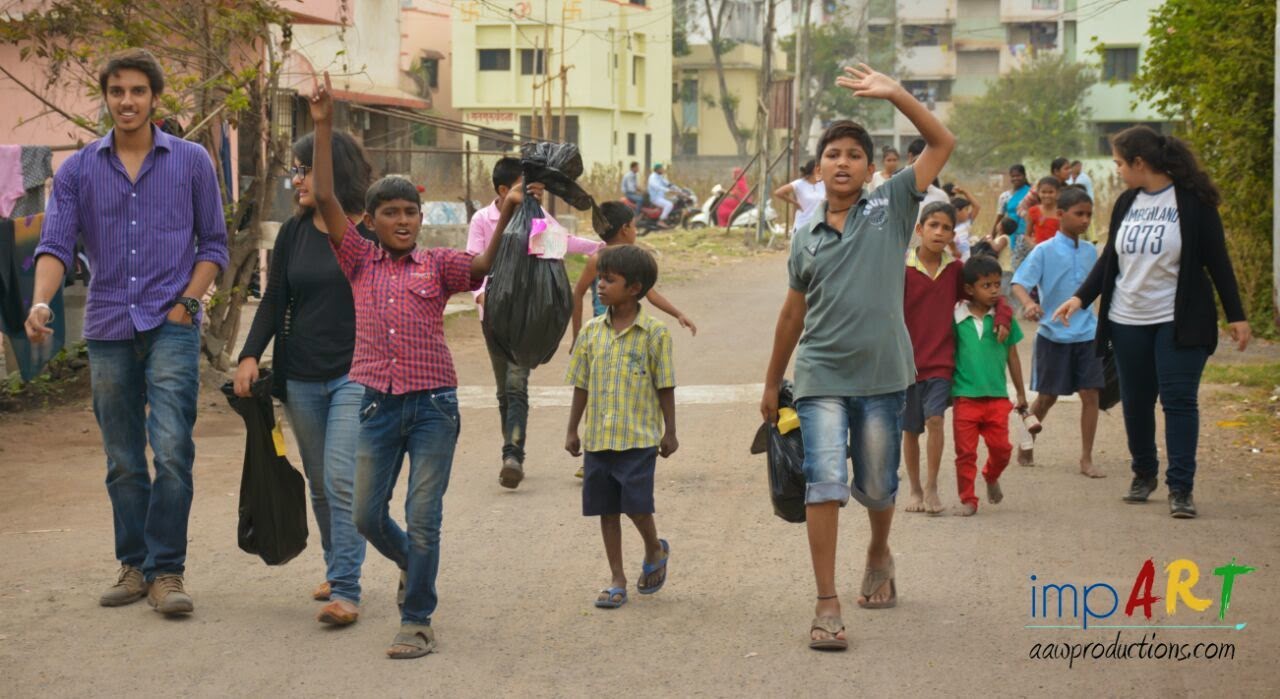In India, an interesting initiative in India is aiming to promote reading habits among underprivileged children. Called Cutting Tea Tales, it was launched on the occasion of International Literacy Day and consists in turning tea stalls and provision stores into reading joints.
As per a recent report by UNESCO’s Education for All (EFA), India has the largest illiterate population. “We want to bring about a change in the situation by making books available to children so that their future looks a bit different”, says Mr. Banerjee, Managing Trustee of Akshara Foundation. Cutting Tea Tales is one small step towards making this happen.
“We didn’t expect such a great response from everyone,” says Banerjee. The aim to get underprivileged children closer to books is further expanded through a story-telling session. “Kids are asked to pick a small piece of paper from a bowl with the name of a book written on it, which they are asked to narrate. It enhances their confidence and reading skills as they enjoy the attention they get while they are reading it out loud” he adds. The initiative will expand to other areas of the country after its successful pilot.
Since family members play an important role in furthering reading habits, a session for adults is also organized where they tell their favorite childhood memories. “It is very unusual for slum children to develop an interest in reading just from what they read in school. The colorful illustrations and interesting stories we provide keep them engaged,” Banerjee adds. ”It is amazing to see how a small push can lead to a big impact. It is hoped that many more tea stalls will join the Cutting Tea Tales initiative.”
Source: thebetterindia.com











